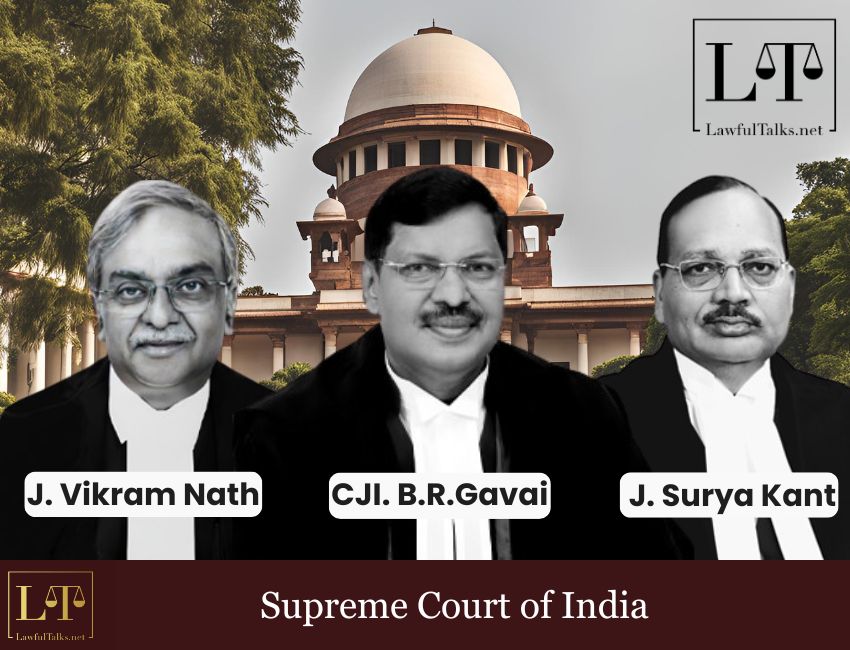Allahabad HC Sets Aside Afzal Ansari's Conviction, Allows Him to Continue as MP

Judicial appointments have become a hotbed of controversy in recent times, notably since Justice Yashwant Verma “unaccounted for cash in the residence scandal’’ broke out. In a bid to resolve the issue, the selection process of appointment of judges will now come under growing scrutiny, becoming more stringent, rigorous and transparent. The process of selection of High Court judges being adopted by the Supreme Court is currently underway.

Sources familiar with the selection process reveal that the Collegium is now conducting in-depth interviews with prospective candidates, probing into their professional backgrounds and work profiles more thoroughly than have ever been undertaken
In light of such incidents, the Collegium, currently comprising Chief Justice of India (CJI) BR Gavai and Justices Surya Kant and Vikram Nath, appears determined to intensify its diligence and .
Since July 1, the Collegium has commenced a series of meetings and interviews aimed at filling judicial vacancies in several High Courts, including those in Madhya Pradesh, Patna, and Allahabad. The deliberations will span multiple days—Tuesday and Wednesday—with one day dedicated to evaluating candidates from the district judiciary and the other to those practicing at the Bar.
Sources familiar with the process reveal that the three senior judges have been engaging with each candidate for approximately 30 minutes, whether through virtual or in-person meetings. “The three judges are interviewing the candidates thoroughly on their resumes and areas of work,” a source confirmed.
These in-depth interactions are designed to give the Collegium a clearer picture of each candidate’s legal acumen, temperament, and overall suitability for the High Court bench. Although such interviews are not novel or unprecedented , the current Collegium has made the sessions more exhaustive and probing than they were in the past.
Traditionally, the Collegium relied heavily on a combination of inputs from State governments, sitting Supreme Court judges who previously served in the concerned High Courts, and intelligence assessments provided by the Intelligence Bureau (IB). However, recent concerns about transparency and accountability within the judiciary have necessitated this shift toward more direct engagement.
It was during the tenure of former CJI Sanjiv Khanna that the Collegium began insisting on personal interactions with prospective judges and the present collegium, besides sticking to this, has also intensified their scrutiny . Notably, the earlier Collegium had already moved toward direct candidate interviews. At present, there are 371 vacancies across the 25 High Courts in India.
Among other challenges, the Collegium’s recurring friction with the Central government over delays in processing its recommendations adds on to the vacancy pile up. Inordinate delays of nominated individuals then results in withdrawal of their consent for judicial appointments, further complicating the situation.
Expressing his displeasure at external influences obstructing Collegium decisions. Supreme Court judge Justice Dipankar Datta, recently stated, that such “external forces preventing the Collegium's recommendations from being acted upon, should be dealt with sternly.”
As the judiciary grapples with mounting vacancies and concerns over integrity, the Collegium’s decision to adopt a more stringent and transparent selection process could mark a pivotal moment in restoring trust in the system.
Source: News

Shalini Chavan
Advocate, Bombay High Court
Latest Posts
Categories
- International News 19 Posts
- Supreme Court 352 Posts
- High Courts 366 Posts




























































































































































































































































































































































































































































































































































































































































































































































